Stephen Swift
Uncertainty Estimation in SARS-CoV-2 B-cell Epitope Prediction for Vaccine Development
Mar 20, 2021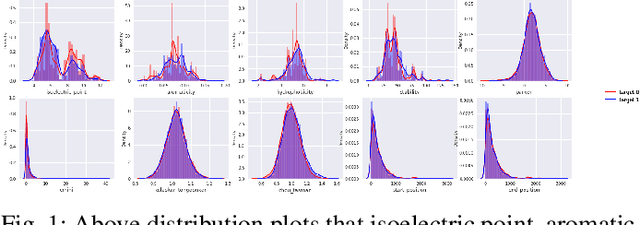
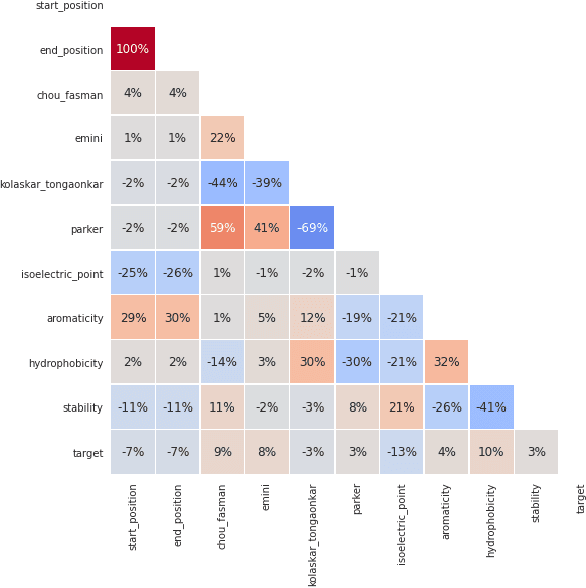
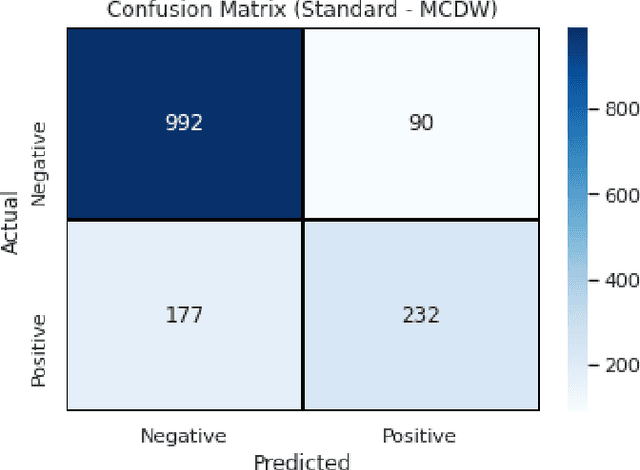
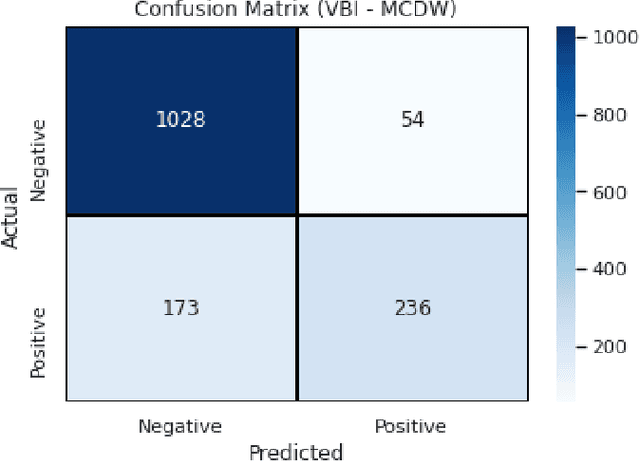
Abstract:B-cell epitopes play a key role in stimulating B-cells, triggering the primary immune response which results in antibody production as well as the establishment of long-term immunity in the form of memory cells. Consequently, being able to accurately predict appropriate linear B-cell epitope regions would pave the way for the development of new protein-based vaccines. Knowing how much confidence there is in a prediction is also essential for gaining clinicians' trust in the technology. In this article, we propose a calibrated uncertainty estimation in deep learning to approximate variational Bayesian inference using MC-DropWeights to predict epitope regions using the data from the immune epitope database. Having applied this onto SARS-CoV-2, it can more reliably predict B-cell epitopes than standard methods. This will be able to identify safe and effective vaccine candidates against Covid-19.
The Prevalence of Errors in Machine Learning Experiments
Sep 10, 2019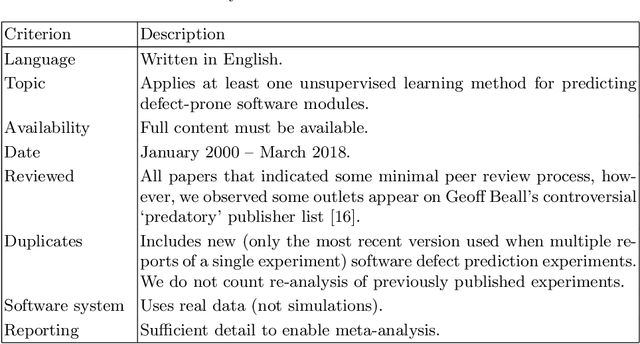
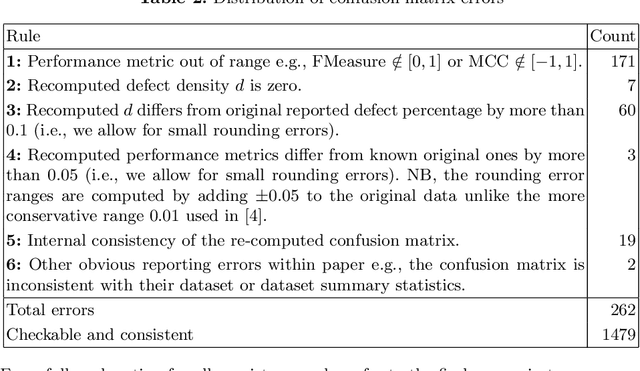
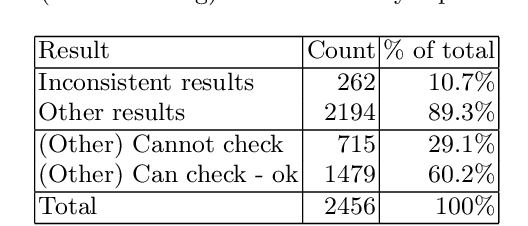
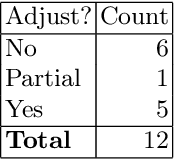
Abstract:Context: Conducting experiments is central to research machine learning research to benchmark, evaluate and compare learning algorithms. Consequently it is important we conduct reliable, trustworthy experiments. Objective: We investigate the incidence of errors in a sample of machine learning experiments in the domain of software defect prediction. Our focus is simple arithmetical and statistical errors. Method: We analyse 49 papers describing 2456 individual experimental results from a previously undertaken systematic review comparing supervised and unsupervised defect prediction classifiers. We extract the confusion matrices and test for relevant constraints, e.g., the marginal probabilities must sum to one. We also check for multiple statistical significance testing errors. Results: We find that a total of 22 out of 49 papers contain demonstrable errors. Of these 7 were statistical and 16 related to confusion matrix inconsistency (one paper contained both classes of error). Conclusions: Whilst some errors may be of a relatively trivial nature, e.g., transcription errors their presence does not engender confidence. We strongly urge researchers to follow open science principles so errors can be more easily be detected and corrected, thus as a community reduce this worryingly high error rate with our computational experiments.
 Add to Chrome
Add to Chrome Add to Firefox
Add to Firefox Add to Edge
Add to Edge